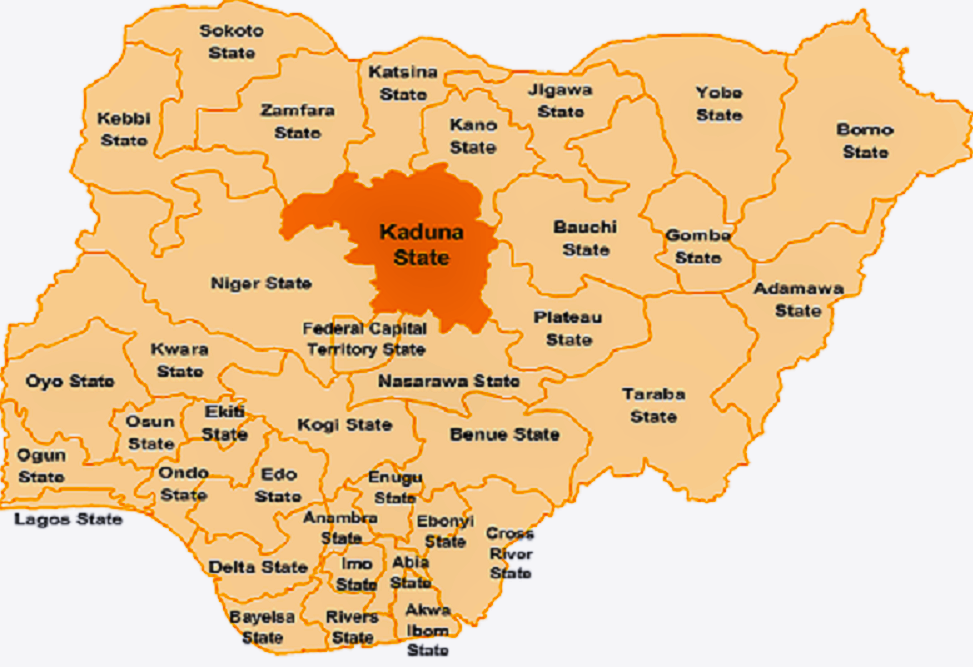Kaduna State which relapsed into violence since last Sunday is still not out of the wood although the government yesterday relaxed its curfew in certain areas, saying its review of the situation warranted that. Certain other areas, especially along the Eastern Bye-pass, are still volatile or potentially so by its estimation. The latest round of episodic violence speaks to a culture of violence which has remained with the state since the year 2000. It has a much longer history though, starting with the same Kasuwan Magani that is still a site in the current violence.

Gov Nasiru el-Rufai of Kaduna State: a ‘giant’ confronting giant problems

What sort of theories are coming out of this place on managing conflicts? Is it that none might be coming or the governments cannot comprehend them? Why did they set up universities if they are not source of problem solving ideas?
Generally framed as clash of religious or cultural identities, the question is whether such conflicts have not been skillfully managed elsewhere. In other words, why is 1981 to date not enough for Nigeria to have been able to manage recurrent violence in Kaduna State? There are no less than ten textbook models of doing so. If the textbook models may not apply to the situation on the ground, the wisdom of the people on the ground must certainly contain useful ideas of how to navigate the crisis of recurrent violence in Kaduna State. Why does that appear not to have been done, especially in the last 10 years?
Who will cure Kaduna of this culture of violence and how? This is an urgent question because Kaduna alone is home to four different variants of conflicts now: Islamic Movement of Nigeria, Birnin Gwari, Southern Kaduna and the current variant. And these are besides a counter-insurgency operation in Borno State, a diffuse war going on simultaneously in Benue, Plateau and Taraba states. Zamfara is also there. Is this normal?
Broadly, to what might we trace the current spate of violence in Kaduna and then in the Northern part and then across Nigeria? Is it to elite manipulation of difference or leadership failure or bad governance or endemic catastrophe (to quote part of an essay’s title) or simply conflict management failure or underdevelopment or even something else we don’t even know yet?




























